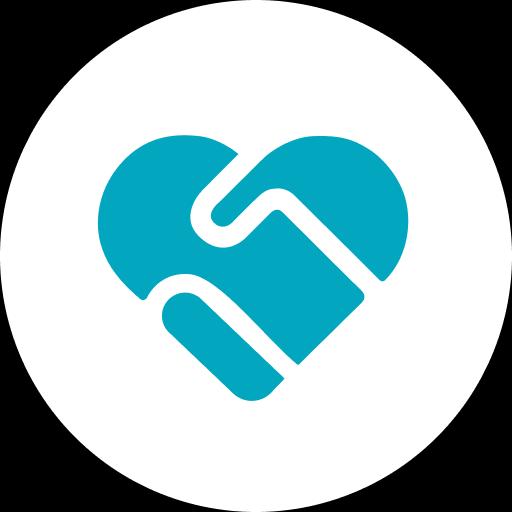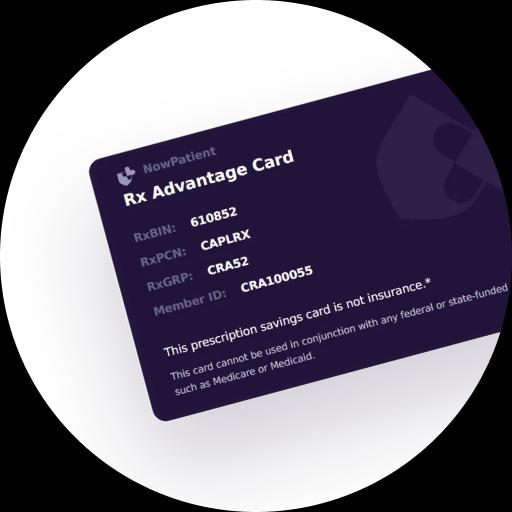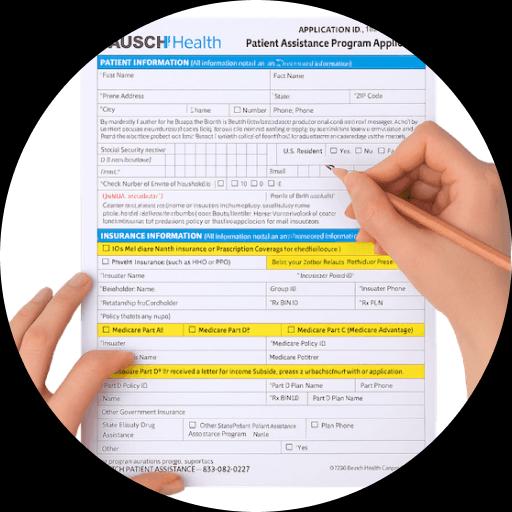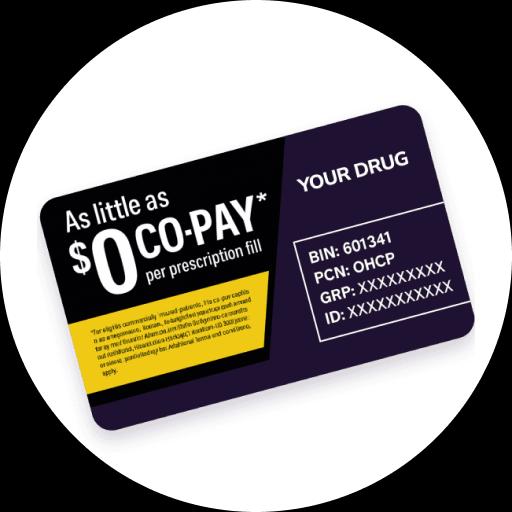Save on Glyburide with Coupons, Discounts & Savings Programs


Start Saving Today!
Lower the Cost of Your Glyburide Prescription
MEDICAL INFORMATION
Glyburide Key Facts
What dosages is Glyburide available in?
Glyburide is a sulfonylurea and is used to treat type 2 diabetes.
What is Glyburide used for?
Glyburide is in a class of medications known as sulfonylureas. Sulfonylureas work by telling your pancreas to release insulin, which lowers your blood sugar.
How does Glyburide work?
Glyburide is typically dosed as 2.5 mg to 5 mg by mouth once daily with breakfast or the first main meal. Your provider will work with you to adjust your dose weekly until your blood sugar level is the target range. The typical maintenance dose ranges from 1.25 mg to 20 mg by mouth, either once daily or divided into smaller doses and taken twice daily.
How do I take Glyburide?
Glyburide is a safe and effective treatment when used for FDA licensed indications. However, like all medications, they may give you unwanted side effects. You should always discuss potential side effects with your physician to ensure the medication is suitable and right for you. You should not use this medication if you have a hypersensitivity to the drug or type 1 diabetes mellitus, diabetic ketoacidosis, with or without coma or are taking bosentan.
Is it safe for me to take Glyburide?
Common side effects of Glyburide include:
- Feeling bloated
- Nausea
- Heartburn
Glyburide Common Side Effects
Serious side effects are rare with Glyburide. Contact your healthcare provider immediately if you experience any of the following.
- Severe low blood sugar: anxiety, sweating, shaking, confusion, dizziness, weakness, fast heartbeat, feeling hungry, seizures
Glyburide Serious Side Effects
- The hypoglycemic action of sulfonylureas may be potentiated by certain drugs including nonsteroidal anti-inflammatory agents, ACE inhibitors, disopyramide, fluoxetine, clarithromycin, and other drugs that are highly protein bound, salicylates, sulfonamides, chloramphenicol, probenecid, monoamine oxidase inhibitors, and beta adrenergic blocking agents
- A possible interaction between Glyburide and fluoroquinolone antibiotics has been reported resulting in a potentiation of the hypoglycemic action of Glyburide
- Rifampin may worsen glucose control of Glyburide because rifampin can significantly induce metabolic isozymes of Glyburide such as CYP2C9 and 3A4
Effects of other drugs, drug classes and over-the-counter products on Glyburide
Various FDA-approved generic manufacturers
Who makes Glyburide?
Various FDA-approved generic manufacturers
Is Glyburide safe in pregnancy?
Glyburide hasn’t been well-studied in human pregnancy, so it’s not known whether this medication will cause harm to unborn babies. But there have been reports of babies experiencing seriously low blood sugar levels during delivery. If you’re pregnant or thinking about becoming pregnant, talk with your provider about what medication options are best for you.
Medical Disclaimer
NowPatient has taken all reasonable steps to ensure that all material is factually accurate, complete, and current. However, the knowledge and experience of a qualified healthcare professional should always be sought after instead of using the information on this page. Before taking any drug, you should always speak to your doctor or another qualified healthcare provider.
The information provided here about medications is subject to change and is not meant to include all uses, precautions, warnings, directions, drug interactions, allergic reactions, or negative effects. The absence of warnings or other information for a particular medication does not imply that the medication or medication combination is appropriate for all patients or for all possible purposes.
OUR CUSTOMERS VIEW
What Customers Love About Our Service
We want everyone to be happy and healthy, that’s what keeps us going. Read what some of them have to say about us.
Medicines Experts
Meet Our Medical Team
We are a broad skilled and passionate group of clinicians with experience of operating in health systems in the United Kingdom & United States. Providing excellent care and advice is at the heart of everything we do. You can read more about our medical team by visiting the medical team page or learn more about how we curate content by visiting our editorial process
























